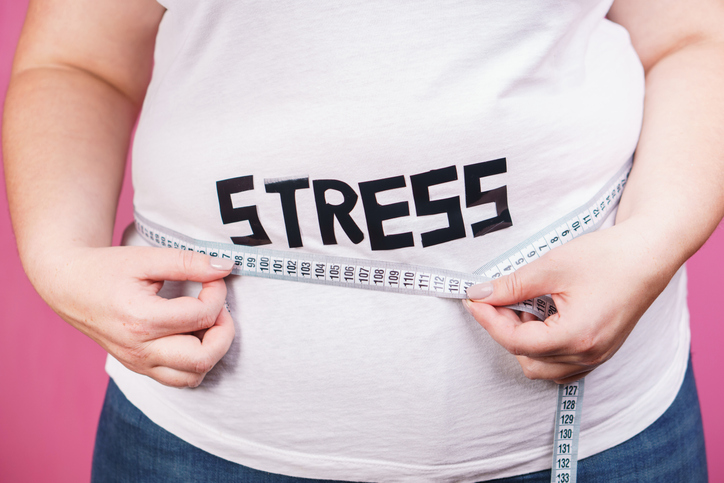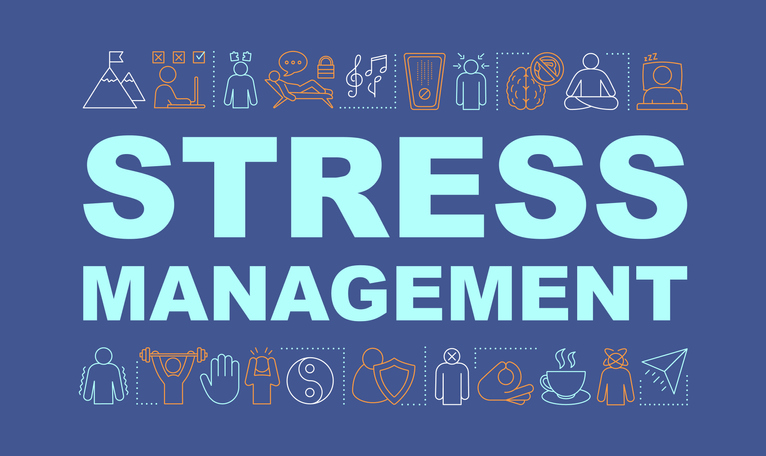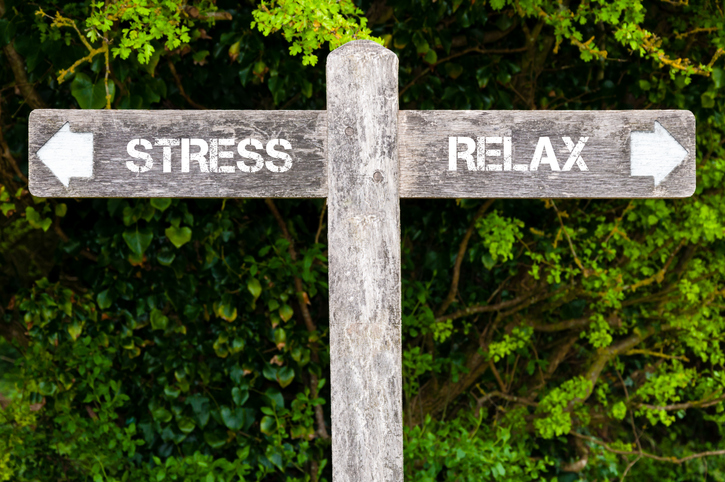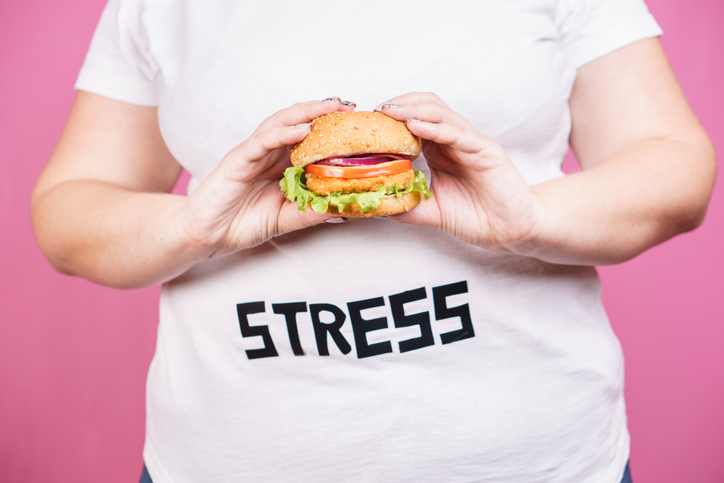Wellness
The Connection Between Stress and Weight Gain
Source: Healthline, National Center for Biotechnology Information: U.S. National Library of Medicine: National Institutes of Health, Everyday Health, Mayo Clinic , MedicineNet

3 people found this helpful
Print
Share
Save
Weight gain is one of the many ways that stress can affect the body. This can occur for many reasons:
- Cortisol
When the body’s fight-or-flight response is activated, the stress hormone cortisol is released. Cortisol is an appetite stimulant; when experiencing prolonged or severe stress, overeating may occur, which causes weight gain. - Metabolism
Stress causes the body’s metabolism to slow down. When metabolism decreases, the body burns fewer calories than it usually would throughout the day. If the number of calories burned drops below the number of calories consumed, weight gain occurs. - Unhealthy diet
When coping with stress, eating often offers comfort and fulfills psychological needs. Chronic stress can also impact the brain’s reward system, causing food cravings. This can lead to poor food choices and overeating.
Health risks associated with weight gain
Health risks associated with weight gain include, but are not limited to, diabetes, hypertension, heart disease, respiratory issues, and joint pain. Excess weight has also been linked to certain cancers. For these reasons, avoiding weight gain by effectively managing stress is essential.
Tips to avoid stress-related weight gain
Here are some tips to help avoid stress-related weight gain:
- Before eating, identify if the reason for eating is physical hunger or emotional stress. If the reason is stress, find a distraction.
- Eat a healthy diet, including vegetables, fruits, whole grains, lean protein, and healthy fats. Make sure meals are well-balanced.
- Keep comfort foods out of the house. Try alternatives to traditional comfort foods, such as air-popped popcorn or almonds.
- Practice relaxation techniques, such as deep breathing, yoga or meditation.
- Engage in regular physical activity or exercise. This will not only burn extra calories but will also help reduce stress levels.
- Get enough sleep. Lack of sleep can lead to higher cortisol levels in the body.


















